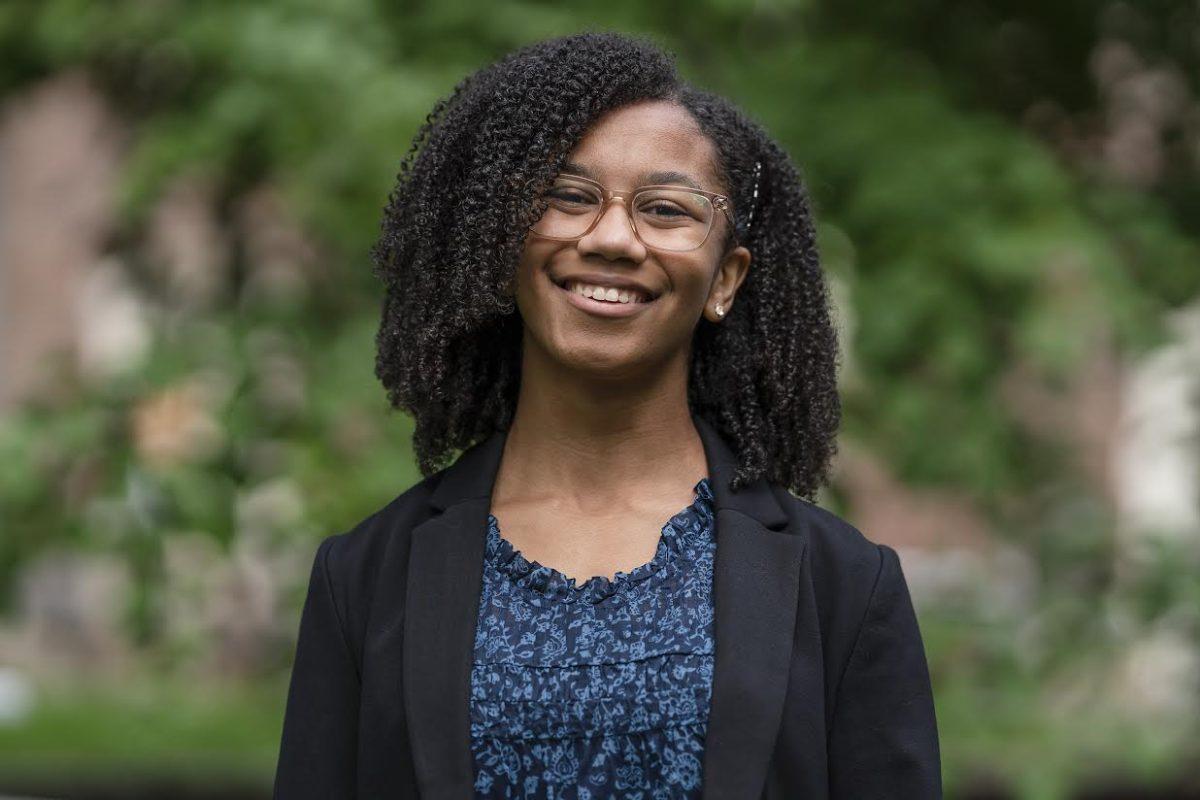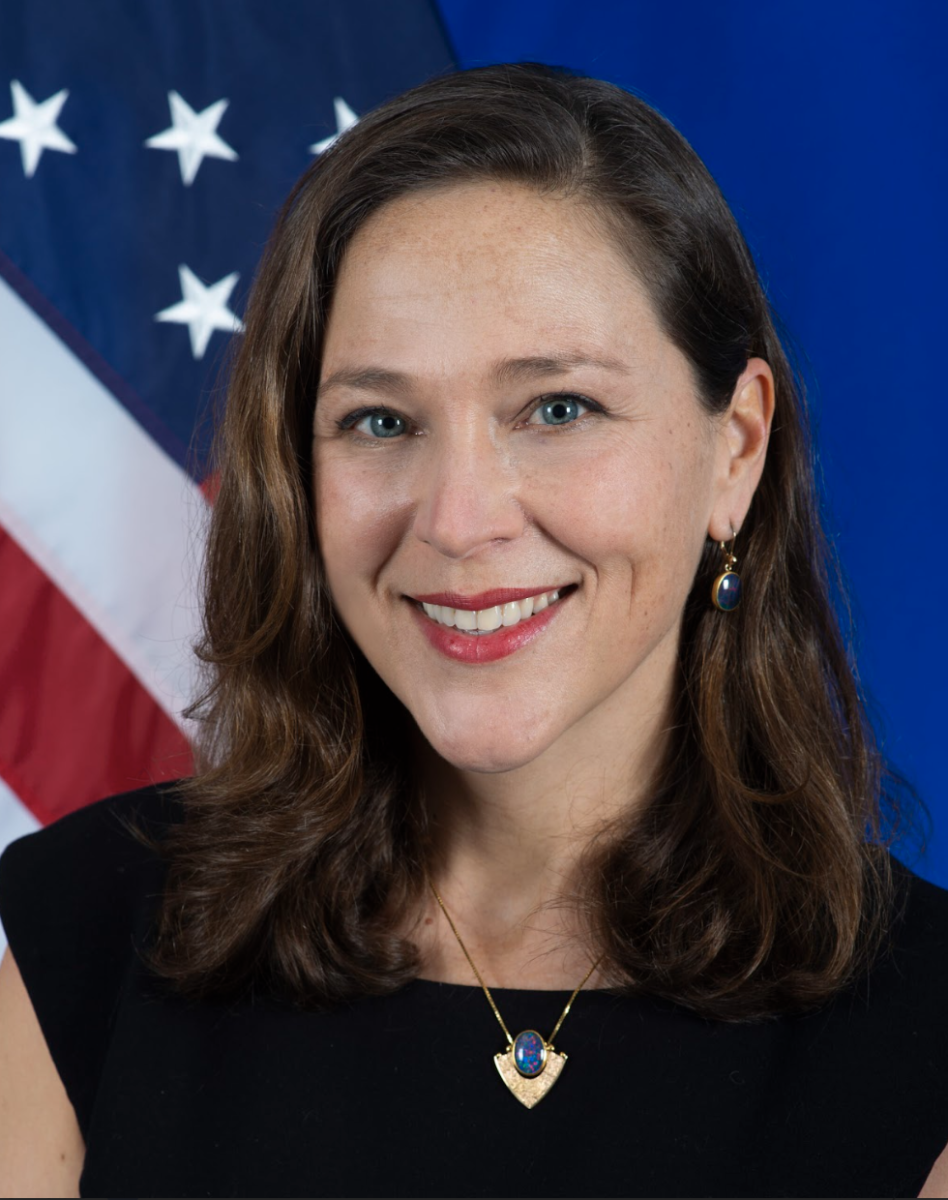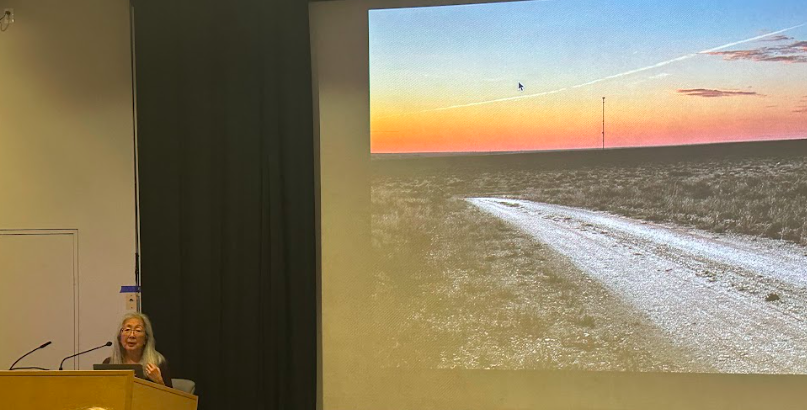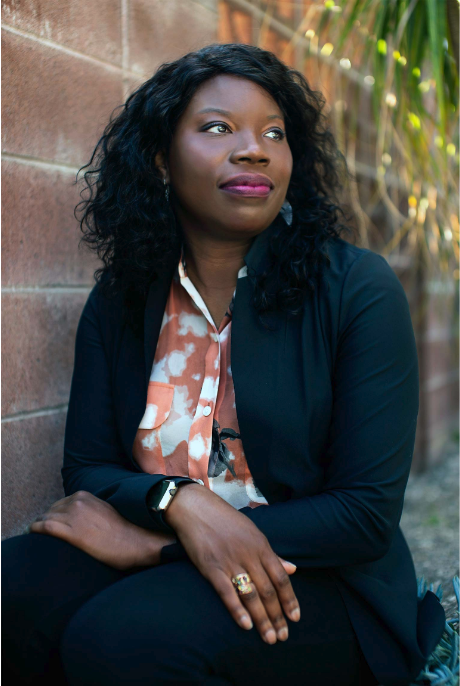Three weeks after graduating from Wellesley, Aminah Praileau ’21 began working professionally at the College’s Office of Admission, where she is now the assistant director of admission. However, she had already been employed by the office in various capacities — she started out as a tour guide — since week one of her first year.
“I applied to work at the admissions office as a first-year student because I had a lot of imposter syndrome, quite frankly,” she said. “As a low-income student of color, coming into this elite, prestigious predominantly white institution, I was really impacted very positively by the connections I had made with student ambassadors at the Office of Admission who looked like me and had similar experiences. I really wanted to be able to pay that forward.”
Praileau realized she wanted to work in higher education in her sophomore and junior year. As a sociology and education studies double major, she was especially interested in diversity, equity and inclusion work. She finds colleges fascinating because she sees them as “a microcosm of society.”
“I really loved being a soc[iology] major because it taught me to think critically about the structures at play that perpetuate existing inequalities,” she said. “Learning to apply that to specific ideas and entities that we encounter in our everyday lives … that really drew me to the education major.”
As an upperclassman, Praileau decided to apply to admissions jobs. She applied for positions at different colleges, but upon receiving a job offer from Wellesley, the idea of working at her own alma mater interested her most.
“I thought … ‘How cool would it be to be able to think about higher education administration … from the perspective of a recent alum, a recent alum of color, a low-income Black student,’” she said.
Praileau emphasized how much the pandemic has influenced college admissions and her own life. As a low-income Wellesley student, studying remotely during the fall semester of her senior year was challenging. She found employment and housing much more uncertain after graduation due to the pandemic. However, she also thinks that COVID-19 restrictions have improved college admissions in some ways.
“[Admissions relies] so heavily on travel,” she said. “We’ve turned a lot to virtual programming … Because we’re able to leverage all these different new platforms, in a way it’s made Wellesley and our recruitment strategy more accessible to even more people, like people who are not necessarily able to afford coming to campus.”
In the future, Praileau hopes to continue recruiting low-income students and students of color such as herself. She would eventually like to pursue graduate studies in education. She also stressed the importance of not only attracting students from marginalized backgrounds but also retaining and supporting them once they arrive on campus.
“I think a lot of people assume that because I decided to stay at Wellesley, I had this absolutely perfect experience at Wellesley,” she said. “But the reality of the situation is that throughout my time at Wellesley I learned how to think critically about the institution and about college as a whole and about how schools can better support their most marginalized students.”
Although she shared that the Office of Admission’s plans for the spring are changing every day due to the unpredictability of the pandemic, Praileau is committed to supporting low-income students, students of color and queer students no matter what.
“I was also them,” she said. “Very recently.”









